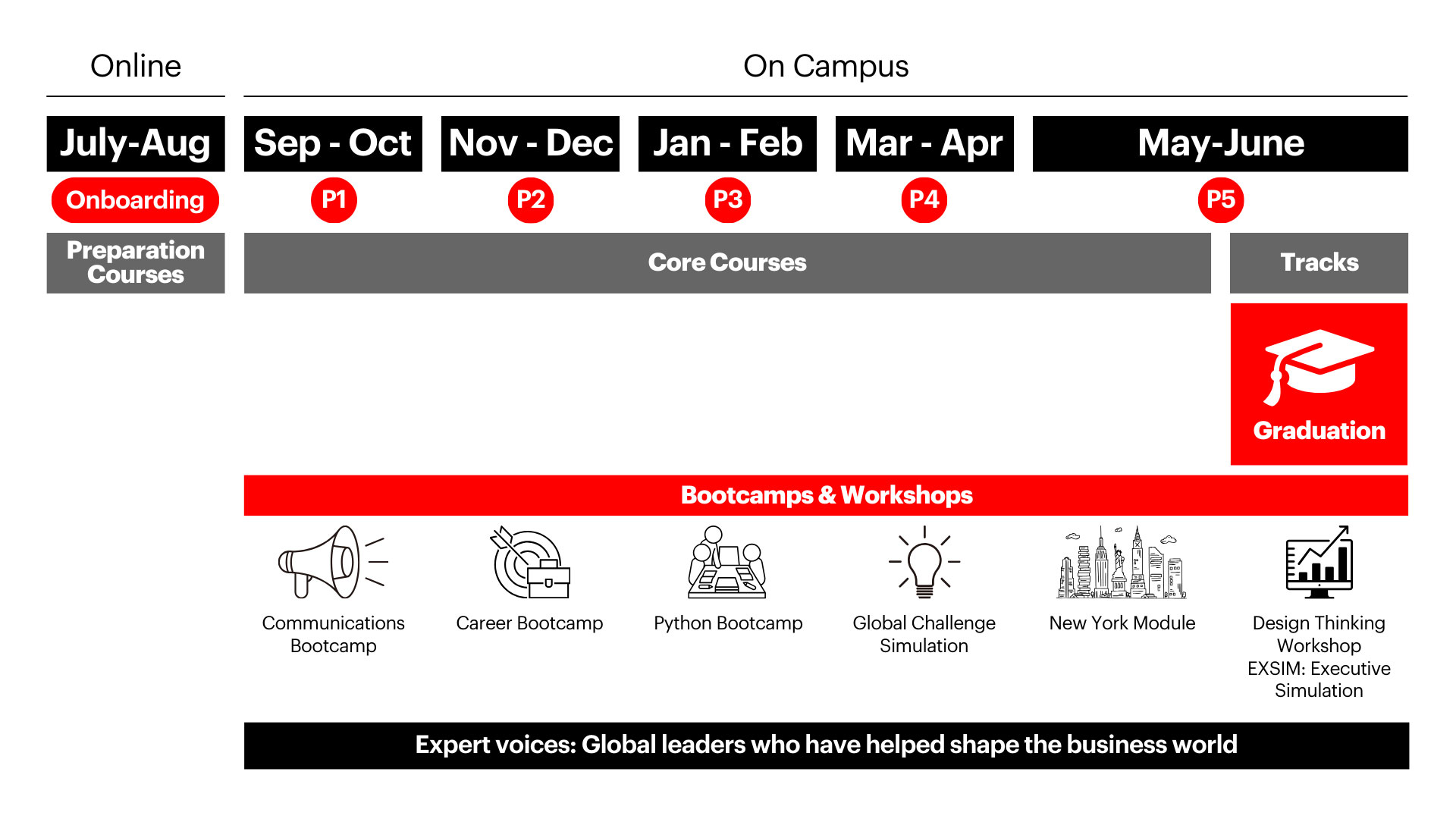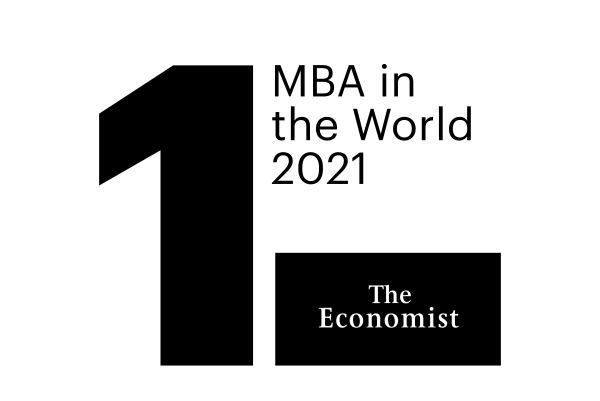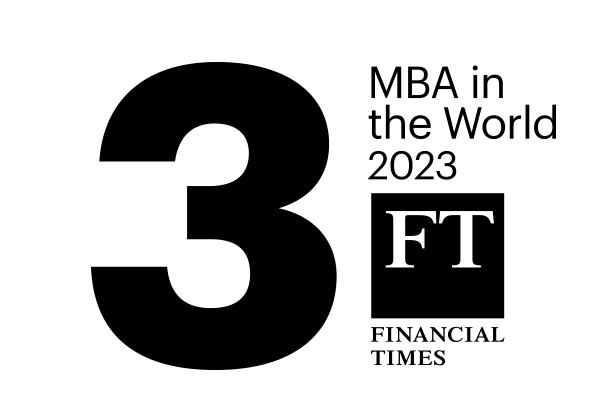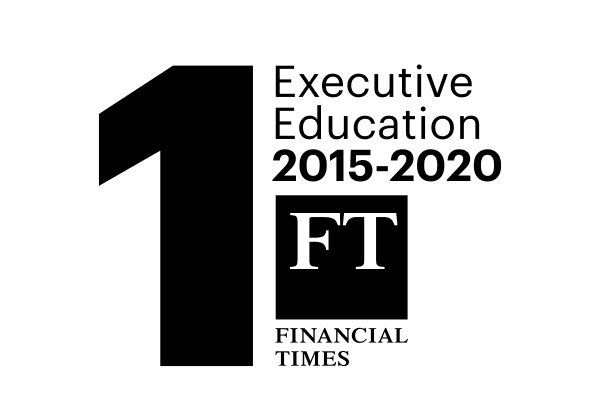MiM Business Case Masterclass - Altius Golf Case by Prof. Carlos Folle
IESE MiM. What Will You Learn?
The IESE Master in Management is an 11-month leadership development program. In line with IESE’s mission, the MiM program serves to develop leaders who can have a positive impact through their professionalism, integrity, and spirit of service. The program’s core courses build a solid foundation of business-management knowledge. Key themes range from marketing and finance to strategy and economics.
Projects allow you to integrate, connect and apply what you learn. Practical experiences and complementary activities unlock knowledge of how different functional areas combine to create both economic and non-economic value within companies.
As a complement to the academic study and project work, you’ll engage with the business world’s most critical issues in a special series program. Through this and associated activities, you’ll gain the mentality and real-world abilities to tackle complex problems.
Program Structure

MiM: Program Content.
The IESE Master in Management isn’t just another program. It’s a rigorous – and rewarding – path toward where you want to go and who you want to be.
The MiM gives you the benefits of IESE’s 60+ years of experience, its deep ties with Harvard and its unique global reach. We’ve earned our reputation. And we’ll help you earn yours.
Management is about human beings. Consequently, significant knowledge of the human being is necessary for managers. Social sciences provide empirical knowledge, but any branch of science has its limitations. Philosophical anthropology, which has been widely developed over the ages, can help us gain access to a better understanding of people.
Business decision-making involves the analysis of available information, frequently presented in the form of quantitative data. In this course, we use simple and complex techniques to illustrate how the analysis of quantitative data enlightens managerial decision-making.
Ethics is helpful to enhance our capacity to diagnose problems: only an ethical perspective reveals the human dimension of problems, and the lifelong implications of our decisions. Ethics also provides with managerial tools adequate to address those dimensions of business problems.
We will turn the focus to the intersection of two worlds. Without losing track of the company’s central role in finances, we will consider too the investor’s impact. “Capital Markets” intends to introduce one of the most important sources of financing for companies and governments: public financial markets.
The goal of this course is to provide MiM students with effective tools to improve their interpersonal communication skills, which will prove useful in their time at IESE for teamwork, business presentations and job interviews, among other important situations.
In this course, we will look at corporate long-term financial decisions. How to undertake profitable projects (e.g., a plant expansion) and finance them efficiently (e.g., issuing debt or equity). The time and uncertainty of investment payoffs make these problems nontrivial and essential for long-term success.
By the end of the course, participants will be able to identify unstructured problems and use the critical business thinking process for solving them and taking action. They will be able to work with the three levels of thought (criteria, economic, organizational and personal anthropological or ethical) that are involved in every business situation.
Business decision making involves the analysis of available information, frequently presented in the form of quantitative data. In this course, we use simple and complex techniques to illustrate how the analysis of quantitative data enlightens managerial decision-making.
This course is based on the insight that in today’s business environment, entrepreneurial management skills are key for general managers and entrepreneurs alike. The course introduces cutting-edge material – tools, frameworks, perspectives – that allow you to acquire the basics of entrepreneurial management. At the same time, the course encourages you to adopt a holistic perspective on building new businesses, and it asks you to synthesize and apply what you have learned so far in your career.
To the above end, we shall discuss the form and purpose of the three principal financial statements (balance sheet, income statement, and cash flow statement), define the key terms in them, learn how to interpret the information, and understand the limitations of financial accounting.
Financial technology, Fintech, is the industry composed by these new players, generally comprising hi-tech startups who pose a real challenge to slower-changing and less technological incumbents. The course immerses students into this new an auspicious universe, looking to understand the underlying processes behind technological changes to better capture opportunities.
The purpose of the course is to foster the habit of analyzing current macroeconomic issues within a rigorous framework. In the absence of a sufficiently simple model that could be readily adapted to the real world, the course combines the simple national income and product accounts framework with specific tools that can be used to analyze individual macroeconomic issues.
This course offers a comprehensive introduction to designing, interpreting, and using financial and non-financial information to manage organizations and drive value creation. The tools covered in the course are relevant to most areas from marketing to operations, to human resources.
Managerial Economics is concerned with the application of economic principles to key management decisions. It provides guidance to increase value creation within an organization, and allows for a better understanding of the external business environment in which the organization operates. A primary purpose of this course is to develop a toolkit useful in other MiM courses and useful in decision making in business.
We will be exploring marketing decisions related to communication, distribution and salesforce management. We will expand the scope of our analysis to consider the implementation of marketing decisions.
The objectives of this course are to introduce key marketing concepts needed to deal with business problems, to secure a sound marketing framework and to provide a marketing perspective in approaching business problems, including strategy development. Students will learn to refine decision-making, analytical skills, and the ability to debate ideas with the help of others.
This course will help you understand the evolving roles, skills, and demands for product management in the digital age by explaining concepts and processes of constructing a product vision, including product-market fit, customer experience vision, external and internal alignment, etc.
In this class we will analyse and discuss different forms of “less traditional marketing” as well as how
marketing can help us make better decisions in “less traditional markets”. These are current,
contemporary ways in which companies can deal with consumers for purposes such as communication, consumer research, or sales.
The class is structured around 4 themes: viral marketing, influencer marketing, content marketing, and marketing of experiential purchases.
The course introduces cutting-edge material – tools, frameworks, perspectives – that allow you to acquire the basics of entrepreneurial management. At the same time, the course encourages you to adopt a holistic perspective on building new businesses, and it asks you to synthesize and apply what you have learned so far in your career.
Students will understand how balance sheets and income statements relate. This will give students a full understanding of both financial statements, which were already introduced in the previous Financial Accounting course.
Operations Management is fundamentally about finding better ways of doing things in a company. Its ultimate goal is to fulfill the promise made to the customer in a way that is (a) efficient (short-term) and (b) sustainable (long-term).
In this course, students will learn to evaluate the nature of an innovation project based on technology and market changes and work with supply chain concepts. Developing the “Hardware” of an operations system is a key factor that determines the right level of automation and state of the art in industrial practice.
This course will help students develop an understanding of the increasing complexity of leading and managing people at different levels of the organization. By relying on theoretical, empirical, and practical frameworks, this class will provide the tools necessary for students to get them ready to make meaningful contributions as future leaders of people, teams, and organizations.
This course will help you understand the evolving roles, skills, and demands for product management in the digital age by explaining concepts and processes of constructing a product vision, including product-market fit, customer experience vision, external and internal alignment, etc.
Creating value means that the different stakeholders of the company or organization can earn at least as much by contributing to the company than they could earn in another activity. It is also likely that some of the stakeholders will earn substantially more than in other activities by contributing to the strategy of the company.
This class is designed to expose you, as future business leaders. to major themes in the field of management information systems. Throughout the course we will examine the transformative effect digital technology is having on business and society.
This course addresses several fundamental aspects of managing yourself and your career, starting with achieving increased self-awareness and developing a sense of purpose that will serve as the foundation of your authentic professional leadership.
In this course we learn how to intelligently imagine the future, because we are convinced that managers who spend some time thinking about the future and imagining the possible future(s) of the global economy, their industries, and their firms, become better managers.

MiM: Boost Your Career Needs
1
At the end of the program there will be a special capstone course that will help you reflect on what you’ve learned and plan the next steps in your career.
2
During the program there will be an international component of the MiM which will take place on the New York campus. Students will go overseas for a mandatory 2-weeks-long module in Spring 2025.
3
During the program, you will have the opportunity to concentrate on one of the following 3 tracks: Tech, Data Analytics & Digital Business, Strategy & Sustainability, and Finance.
Top international faculty
IESE’s faculty includes full-time and part-time professors. All full-time professors have PhDs from prestigious universities. They are also highly international, representing more than 20 nationalities, and bring vast relevant expertise from the highest levels of business.
Faculty members serve on diverse corporate boards and publish their research in leading academic journals, combining real-world experience with pioneering academic insights.
IESE professors have an “open-door” policy and provide you with invaluable mentoring and guidance. They cultivate rich exchanges of ideas that make the most of the combined experiences in your classroom.
The Case Method and our connection with Harvard Business School
In 1963, Harvard Business School formed an alliance with IESE Business School and IESE adopted the famous HBS case method learning methodology. Over the years, IESE professors began writing their own cases, making their own impact and becoming thought leaders in their own right.
These are some examples of how IESE’s case method is applied:
- You will engage in dynamic discussions about the business challenges you face on a daily basis.
- You will combine individual learning, team discussions and dialogue in an interdisciplinary plenary session.
- The lecturer will facilitate and guide the debate, encouraging everyone’s participation to enrich the discussion with different points of view and experiences.
Read more about the case method and a few examples used in IESE classes of real cases of leading companies.


The IESE Experience
At IESE, you’ll be surrounded by talented peers, supported by a world-class faculty, and challenged by real-life business cases. We’ll put you to the test so that you can reach your full potential.
Discover the benefits of the IESE experience.
IESE Rankings.




